Biomedical science senior Aarthi Lokram is the executive director of Veterinarians Without Borders. Initially drawn in by the organization’s focus on exotic animals and international work, she joined as a freshman with dreams of becoming a traveling veterinarian.
“After I got involved, all the officers were so nice and I really found more of a community in this org because it was a lot smaller and that was less intimidating to me because it just made me nervous to be in huge orgs,” Lokram said.
Vets Without Borders provides Texas A&M students international trips and volunteering opportunities. The organization’s focus on wildlife and conservation resonated strongly with Lokram’s worldview.
“[I got] to see the impact that the doctors had on the patients and that relationship that they had with the clients,” Lokram said. “There’s a lot that goes on behind the scenes at a vet clinic that you don’t really see. It moves me.”
Biomedical science junior Payton Moore said she manages the chapter’s social media, organizes events, updates the website and handles the marketing as the member engagement director. Her trip to Costa Rica solidified her career choice further as it allowed her to work with exotic animals.
“I was a freshman when I joined, and I was at the MSC Open House just kind of looking for things to join,” Moore said. “I came across this one [organization] and it caught my eye because I really love to travel, and I’m also a pre vet, so it kind of took my two really big interests and put them together.”
Regarding the organization’s success, she highlights its ability to provide valuable volunteer opportunities and networking experiences for members. Moore looks forward to the organization’s growth and expanding its reach, including providing opportunities for more students to learn about veterinary medicine. She also wants to see how her role in the organization will develop in the future.
“Another one is just kind of seeing, like, because I’m the member engagement director and seeing how the website and everything kind of evolves and seeing who the next officer to take over mine, see what they do with it,” Moore said.
Biomedical science senior Haven Leath said personal values align with the objectives of this chapter, in terms of emphasizing the importance of expanding knowledge and fostering a community dedicated to animal welfare. She’s been passionate about helping animals since the moment she first took an interest in veterinary medicine and now serves as the executive director of Vets Without Borders.
“I worked at a camp, and I had a memory of sitting down in a barn because I wasn’t doing well,” Leath said. “Then, a bird flew into me and landed right next to me, and I instinctively picked it up. It was like this baby bird, and I thought, ‘Oh my gosh, this baby bird just flew down, learning how to fly.’ I felt an immediate desire to take care of this animal, to inspect it, make sure it’s okay. And the bird was fine.”
Biomedical science junior Anna Marie Schreck joined Vets Without Borders as a freshman because it geared towards her interests of connecting with animals.
“I’ve also volunteered at a vet clinic quite a bit over the summers and things like that, so it’s always difficult to see a companion animal who came in ill or something was wrong,” Schreck said. “But it’s always really rewarding when they come out on the other side of it happier and healthier.”
The organization collaborates with another program, Group Abroad, to provide summer study abroad opportunities, such as a trip to Costa Rica, where Lokram was able to directly participate in wildlife rehabilitation efforts. She is looking forward to this summer, as they will be working in Australia, Thailand and researching in Indiana.
“This is what drives me in life; it is what I’m called to do,” Lokram said. “Being able to have a small part of it through this organization and share that with our members and be able to support them in the same journey that I’m going through means the world to me.”




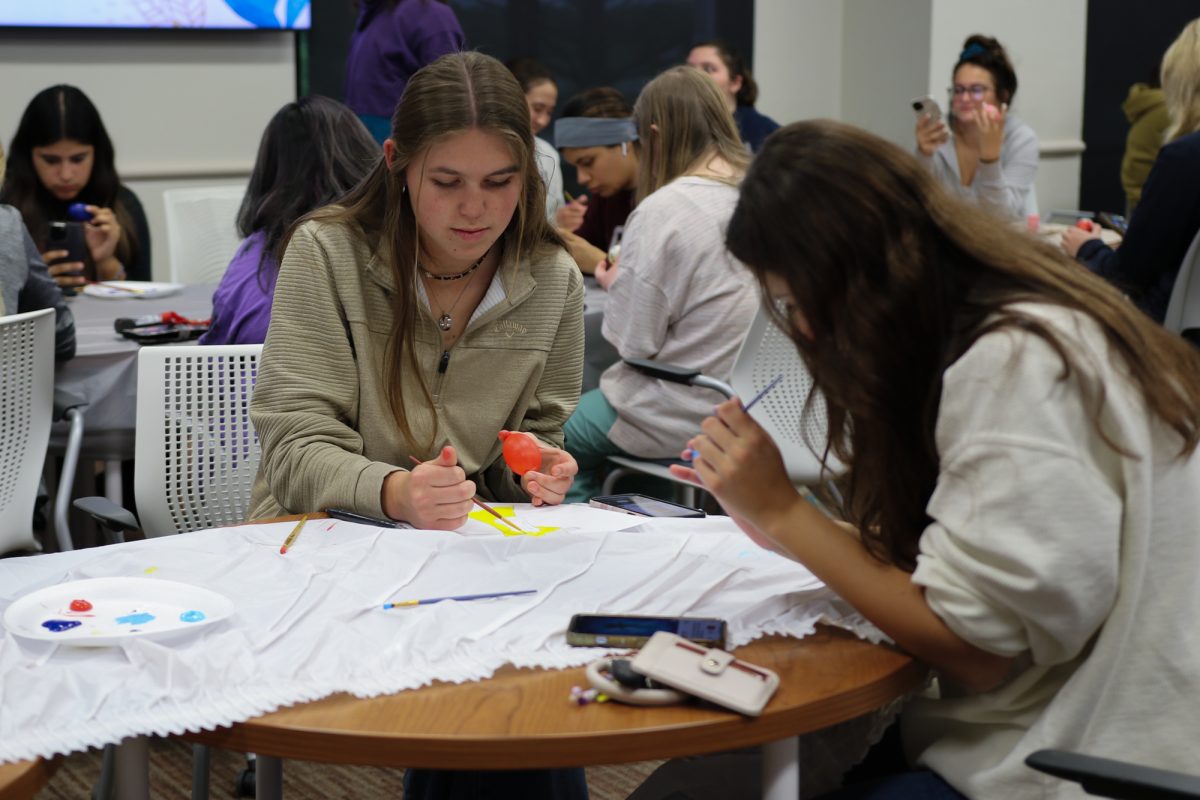

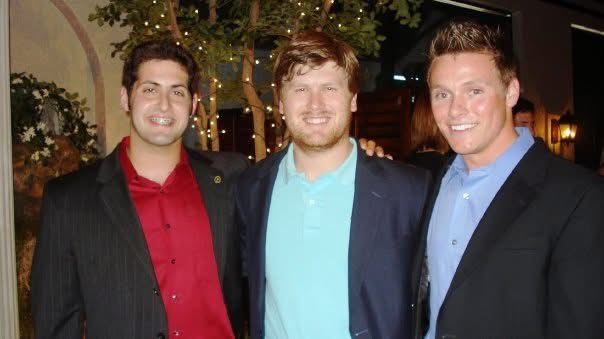
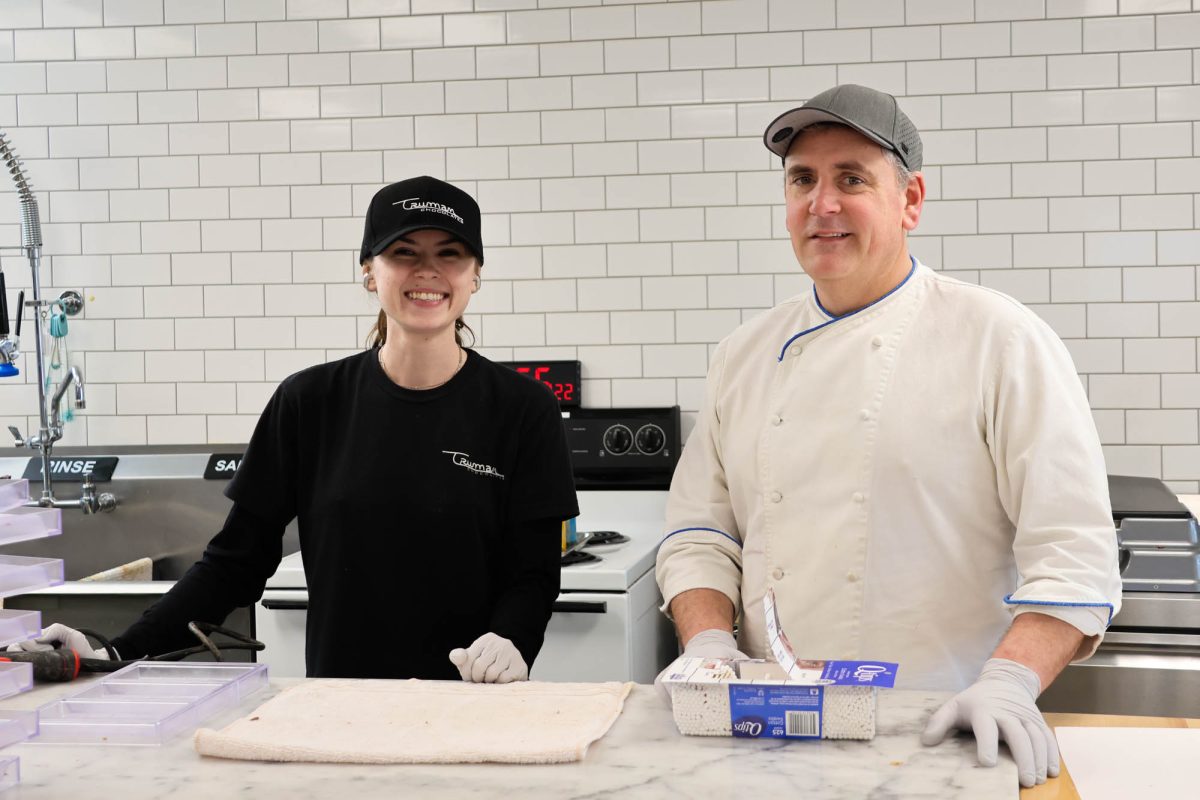
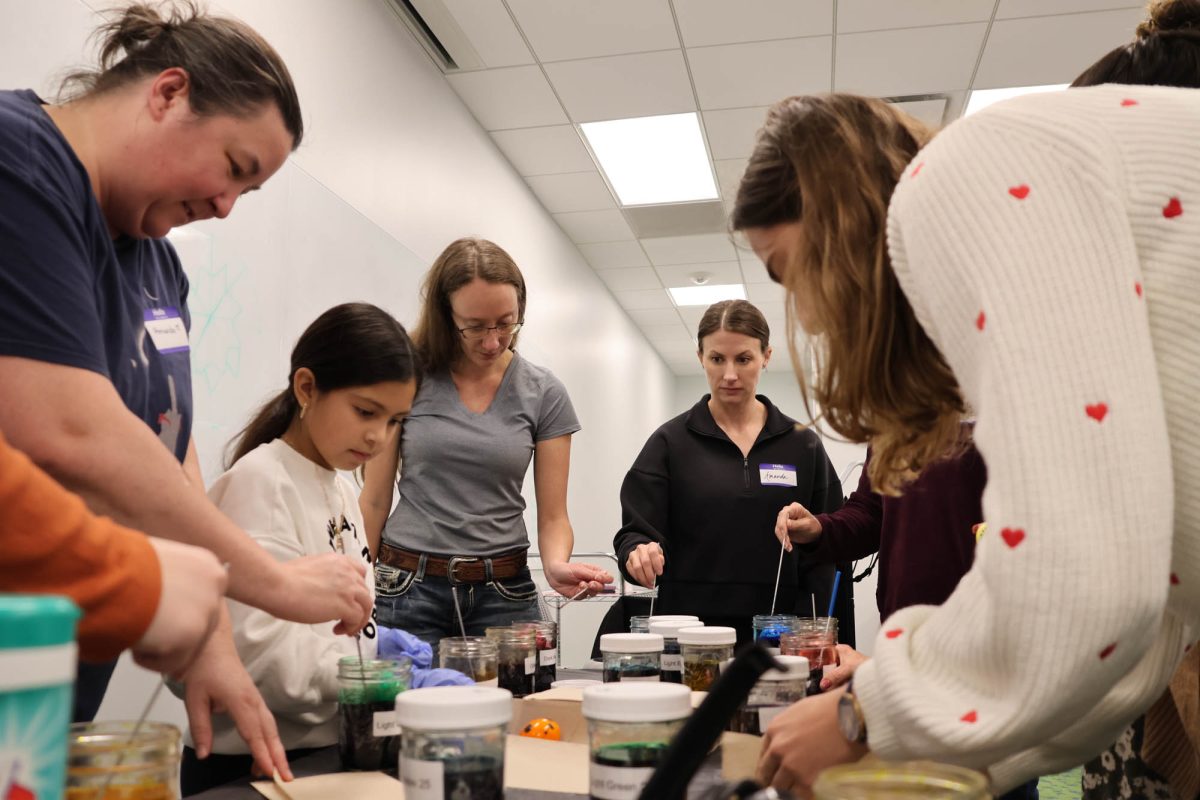
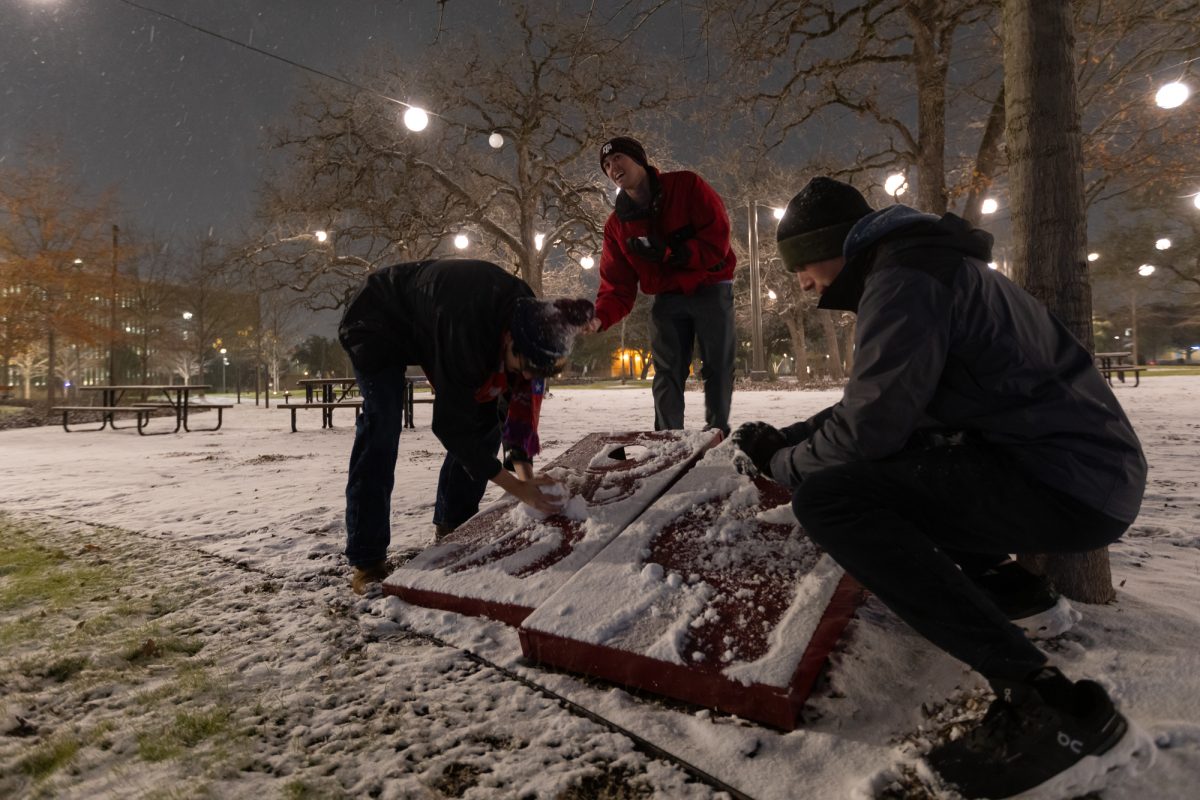
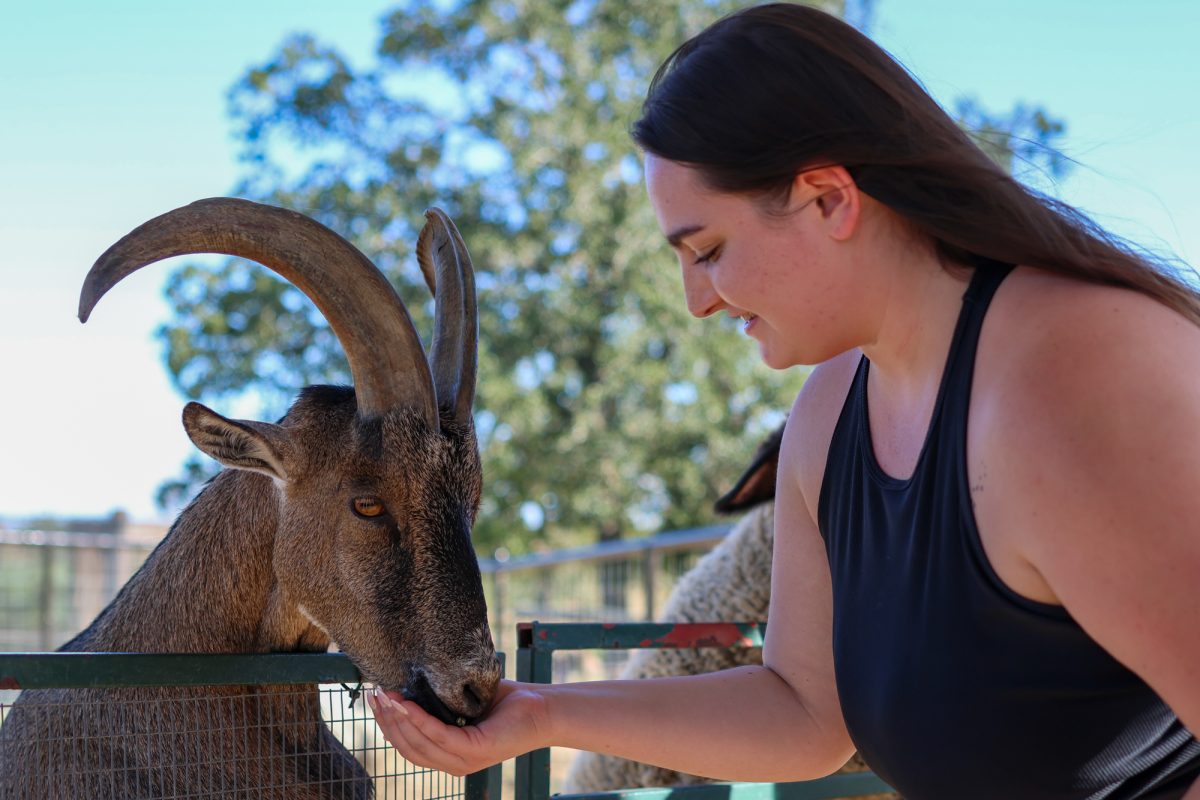





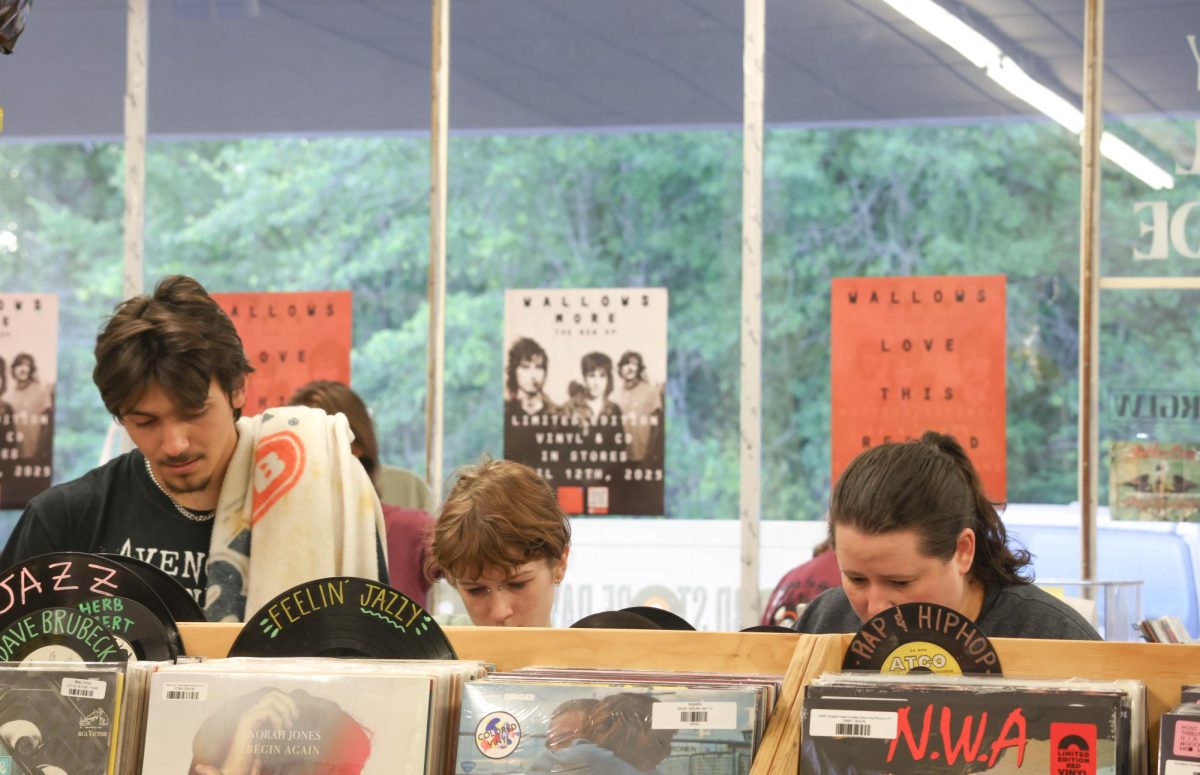
Mike Mecke • Apr 4, 2024 at 1:04 pm
Vets Without Borders – Excellent article and great to find out about this organization. I roomed with vets at A&M and did not have it then. I would suggest to the A&M organization’s leaders to consider doing some of your vet missionary work right here in Texas and in the USA – it is sorely needed.
One example is helping vaccinate and heal in our poor, unincorporated and “lost” communities called “COLONIAS”. Mostly Mexican-American residents, but some are Native- American and African-American. I just sent around a Texas Tribune article on a very needy colonia at wealthy Midland, TX. where the poor have been paying to drink water with arsenic and even pesticides in it – when it flowed at all. They have no roads, sidewalks or probably playgrounds. Need help of all sorts, for pets and strays I am sure. Rabies is out now – we have it here in Kerrville this month, so a danger everywhere. There are other Colonias along our Mexican border in the USA, with similar or worse living conditions. I retired from working for A&M and the US Bureau of Indian Affairs and I am sure there is a similar need for pet medicine/vac. at the three (3) US recognized Reservations (El Paso, Eagle Pass, E. TX) and the unofficial tribe at the San Antonio Spanish Missions. Not to mention the dozens of tribal reservations across our Southwest and West especially which need help. I have lived and worked on several in AZ, NM and WY and all have that need. Consider this as a “foreign assignment” as you will sometimes need an interpreter! And your help is really needed by these groups of forgotten Americans. Thank you, Mike Mecke ’61